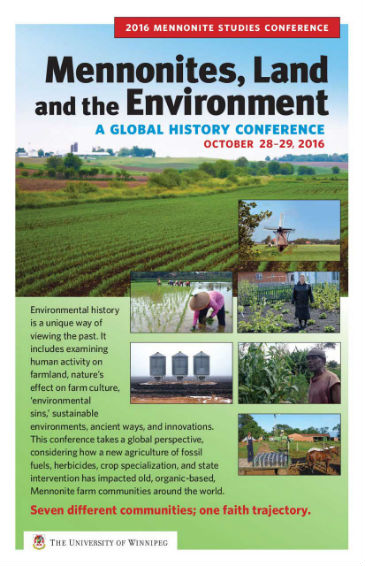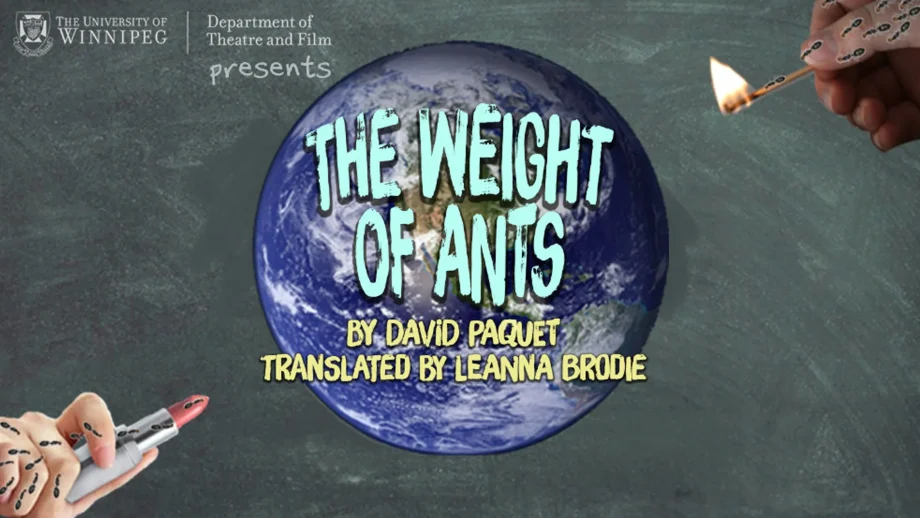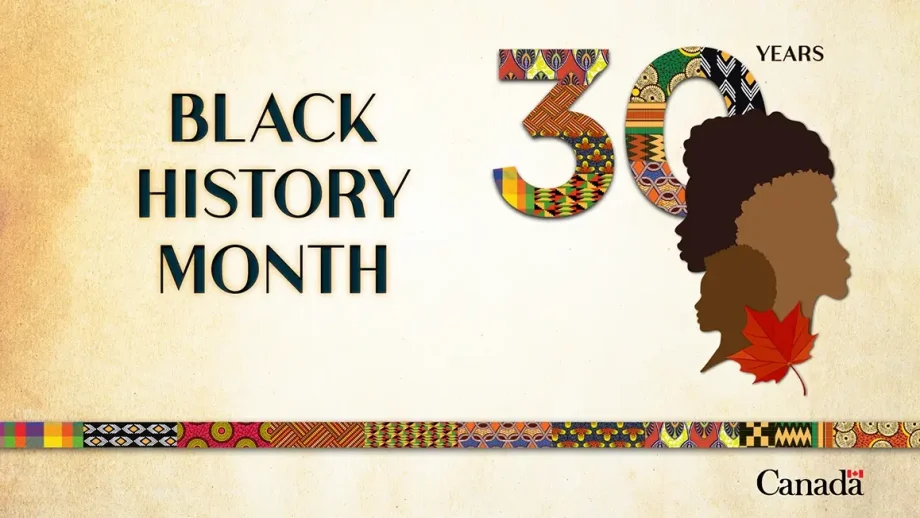
conference poster
This free conference is open to the academic and general community on Friday, October 28 and Saturday, October 29, 2016 at the University of Winnipeg.
Mennonites have had a particular experience on the land. As a people disproportionately rural and committed to relative simplicity, they had been more active in agriculture than many other faith-based communities. What has the Mennonites’ relationship with the environment been? How and why has it changed over time? What is the basis of hope for the future? These questions will be explored.
FREE ATTENDANCE, REGISTER ON SITE at
Eckhardt Gramatté Hall, Centennial Building
515 Portage Avenue
Conference details at: Mennonites, Land and the Environment, Oct 28-29
Conference contact: 204. 786.9391 or email r.loewen@uwinnipeg.ca
BACKGROUND
Environmental history is a particular way of interpreting the past. In one respect it directs us to consider the effect of human activity on farmland, but then also nature’s effect on human culture. In short, human-land relations are dialectical in nature. It’s not that simple though, for humans have had a range of effects on the land. Oftentimes this activity has left the environment in degraded state, the result of a kind of “environmental sin.” At other times humans have engaged in multiple ways to create sustainable environments. Some have done so by debating the very idea of “sustainability,” others by employing ancient farming methods, and others by harnessing the most innovative and technologically advanced agricultural systems.
Mennonites have had a particular experience on the land. As a people disproportionately rural and committed to relative simplicity, they had been more active in agriculture than many other faith-based communities. For this reason Mennonites have often gathered to consider ways their rootedness in the soil. They have pondered the intersection of ‘Anabaptist’ teachings on community cohesiveness, on nonviolence and on service with a healthy interaction with the land.
At this conference we consider the history of this relationship, mostly in the 20th century. It has been a period of remarkable change: old organic-based, community-oriented approaches have given way to a new reliance on fossil fuels, herbicides, global markets, governmental programs, and economies of scale. But we also take a much-needed global perspective, seeking to understand how climate, specific commodities, levels of wealth, types of government, cultural and ethnic contexts, histories with colonialism, settler-indigenous relations, have affected agriculture. By focusing on seven broadly conceived communities, we try to make the global approach manageable. But we also seek a comparative history, and through this approach hone the questions we may have of environmental history.
Hosted by the Center for Transnational Mennonite Studies, A Divergent Voices of Mennonites in Canada (DVCM) Conference.




